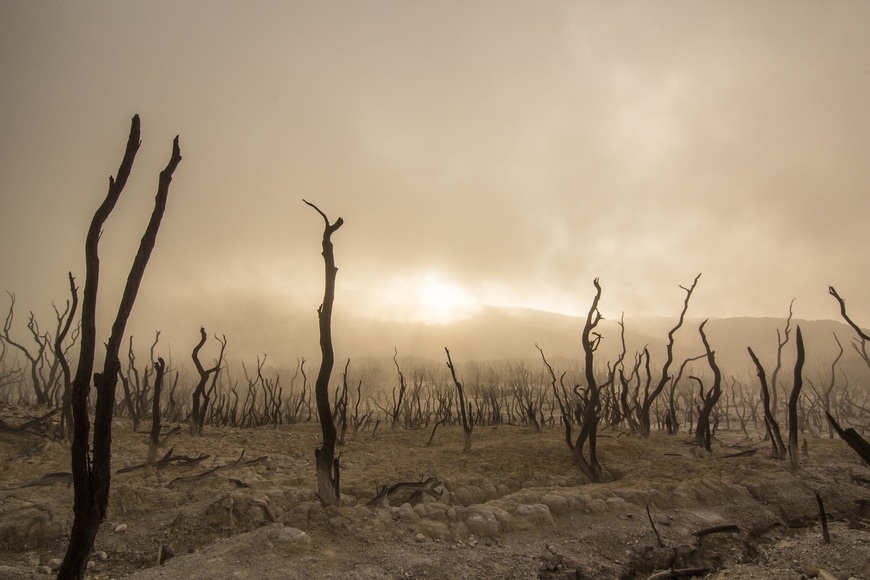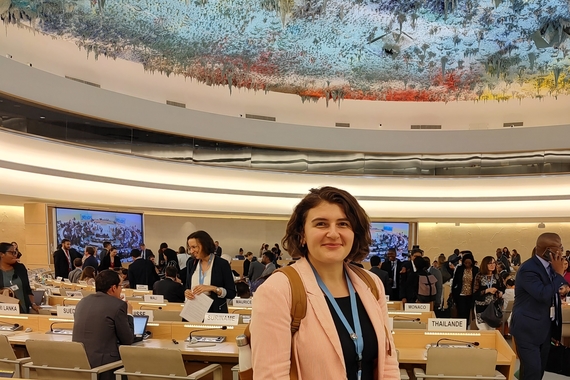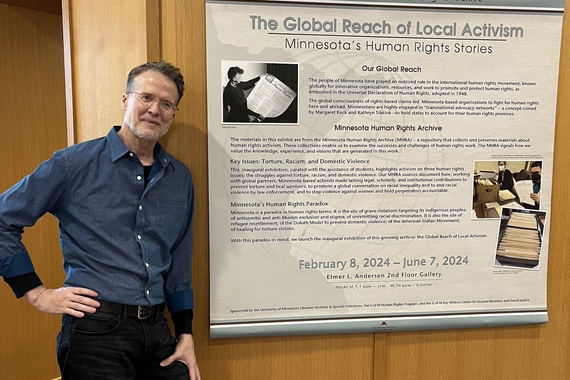Student Op-Ed: Complacency and Climate Change Denial Lead to Lives Lost
Most people do not consider the impact that their everyday household objects can have on the world’s climate. Things like coffee, chocolate, or the daily mail carry little significance beyond the morning routine, a sweet treat, or monthly bills. People may litter once in a while thinking that a small gum wrapper or a cigarette butt on the sidewalk are harmless and effect no one. Some people choose to push aside the outcry of environmental activists or deny that climate change is an issue whatsoever. However, these actions, practices, and mentalities can ultimately cost the lives of the world’s most vulnerable people.
Climate change directly threatens the right to life of millions. An increase in extreme weather events such as monsoons, droughts, and higher temperatures is one of the most visible and modern threats of ongoing climate change. Recently, Hurricane Idai ravaged countries such as Mozambique, Tanzania, and Malawi, leaving millions of people homeless and over 750 dead as the waters completely submerged numerous villages. Natural disasters like Hurricane Idai have been increasing all around the world, and impacted over 62 million people worldwide last year alone.
Turning a blind eye to climate change is complacency toward the future deaths and misery of people who will be impacted by warming temperatures and extreme weather. In the immediate future, many populations will face flooded homes, destruction of crops, and degradation of infrastructure. Climate change can lead to the contamination of clean water, stymying access to sanitation facilities and adequate food supplies. Such incremental changes only speeds the process towards the degradation of rights of future generations.
Luckily, there is still time to stop the effects of climate change before the world reaches a point of no return. A variety of organizations ranging from the municipal-level to international human rights bodies are working to stop climate change, and need all the world’s support. If you’re interested in learning or doing more, check out the U of M’s Institute on the Environment’s Sustainability Film Series. The next film being screened in the series, Death By Design, investigates the way that electronic devices and their methods of disposal greatly impact the environment and many vulnerable populations. The film is free for U of M students and will be screened on Wednesday, April 17th at the Bell Museum in Saint Paul. More details can be found here.



